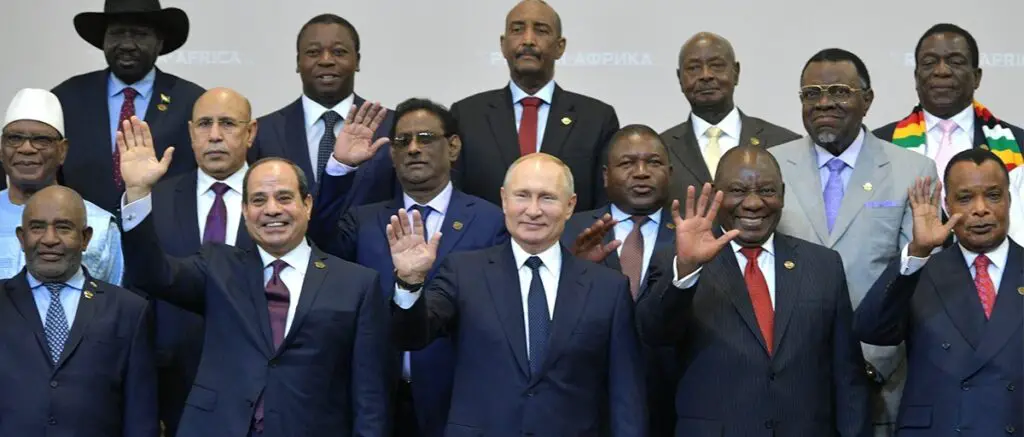The world is on the cusp of a new geopolitical order, embracing multipolarity and swiftly effacing the long-standing unipolar world that has for decades on end, placed the U.S on a pedestal as the sole dominant superpower. In the recent past this hegemonic position has been challenged by emerging global powers, led by China, Russia,
[elementor-template id="94265"]
